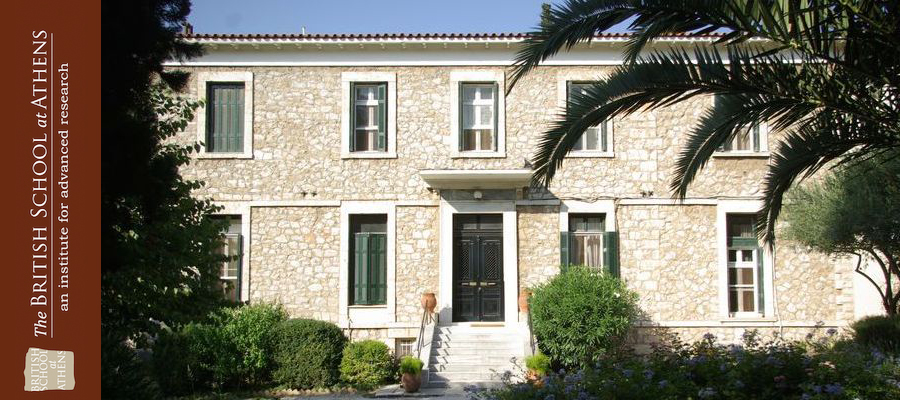Postgraduate Course in Prehistoric, Greek and Roman Pottery: An Intensive Primer for the Study of Pottery in Greece, British School Study Centre at Knossos, March 26–April 8, 2016
Pottery is central to the study of archaeology in the Mediterranean. As the most numerous finds from survey and excavation, ceramics not only provide our main chronological frameworks but also direct insights into a range of issues from ancient economies to questions of identity and agency. A working knowledge of ceramics is essential for anyone considering field-work in Greece, and the ability to assess critically publications and debates about pottery is vital to an understanding of practically any issue in Mediterranean archaeology. This knowledge can only be gained by first hand exposure to the original material.
This intensive course gives participants a unique opportunity to gain hands-on experience with one of the major pottery sequences in Greece, guided by leading specialists in the field. Based at the British School’s Study Centre at Knossos, it makes use of the rich holdings of the Stratigraphic Museum which include material from across the Mediterranean in all periods from the Early Bronze Age to Late Roman. Strewing and examining key pottery groups will allow participants to learn the key points of identification and major debates for each period. Essential skills, like drawing or macroscopic fabric analysis, are taught in supporting workshops, and a series of lectures will introduce themes, problems and methods in the study and publication of ceramics. The course also includes visits to local potters specializing in traditional techniques and the replication of ancient technologies.
The course is primarily intended for postgraduate students wishing to acquire or strengthen vital archaeological skills, but applications from late stage undergraduates with a strong intention to continue their studies will also be considered. The course fee of £750 includes accommodation at the British School Study Centre at Knossos, 24-hour access to the library, and BSA membership. Students are recommended to apply to their universities for assistance with the fees. A very limited number of bursaries may be available from the BSA for those who would be otherwise unable to attend. Places are limited to 12 participants.
